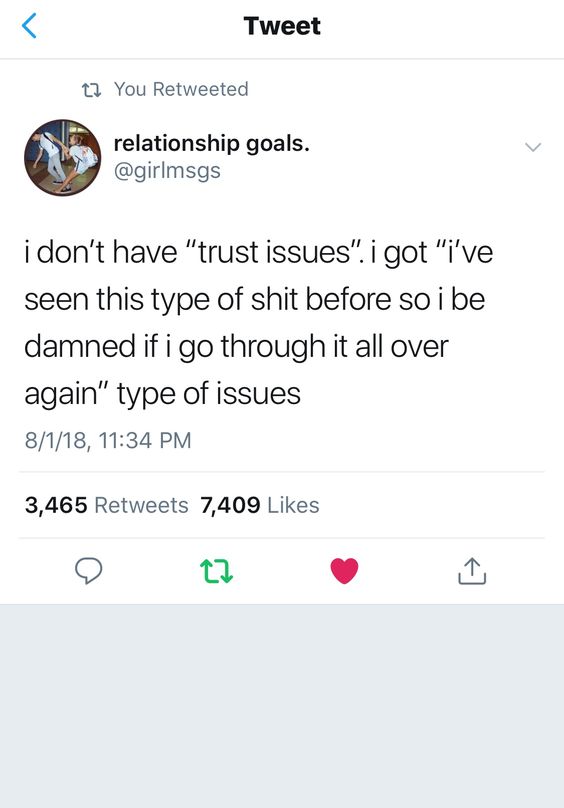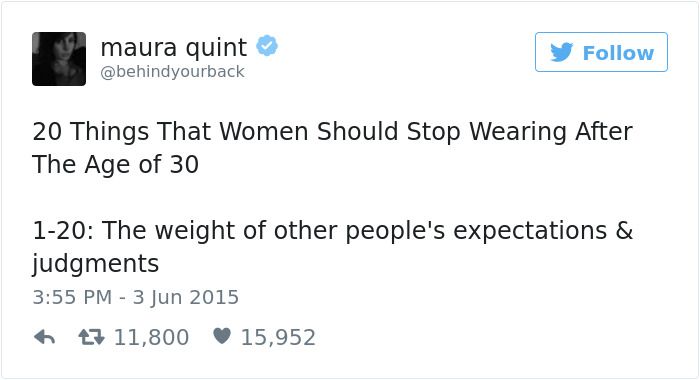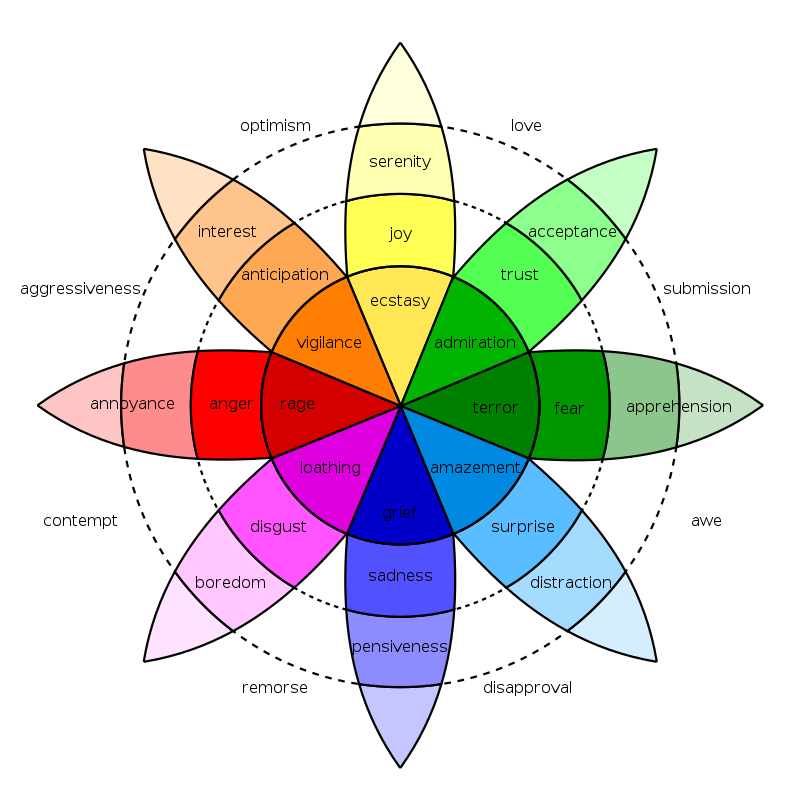Are you wondering why do most relationships fail?
Interestingly, according to a 2020 survey, 56% of US adults believe in soulmates.
But then what are the reasons for our romantic partnerships falling apart?
Join me below for new, amazing perspectives and science-backed up information.
Key Takeaways
- There are many different reasons why relationships can fail. Many are preventable.
- Many relationship failures can be prevented through improved communication.
- If you can learn from your failed relationships, you put yourself in a better position to succeed next time.
In This Article
- 1. Trust Issues
- 2. Different Priorities
- 3. Poor Communication
- 4. Different Expectations
- 5. Non-Acceptance And Projection
- 6. Money Issues
- 7. Unrealistic Standards
- 8. Compatibility Issues
- 9. Fear Of Being Alone
- 10. A Lot Of Comparisons, Too Little Compromise
- 11. An Emotional Mismatch
- 12. Self-Worth Issues
- 13. Busy Living In The Past
- 14. Financial Issues
- Other Common Reasons Why Relationships Fail
- Frequently Asked Questions
#1 – Trust Issues

“The best way to find out if you can trust somebody is to trust them.”
― Ernest Hemingway
Trust is the very core of every successful long-term relationship.
Trust issues is a rather broad term, though.
It may include various factors, such as:
- Possessiveness,
- Jealousy,
- Infidelity (be it emotional, physical or sexual),
- Dependability,
- Poor emotional support,
- Poor reliability,
- Poor financial compatibility.
Moreover, couples dealing with a lack of trust fail to manifest mutually supportive goals.
The remedy?
Fortunately, there are different ways for a couple to rebuild and establish healthy trust and reconnect.
In life coaching, experts may ask the couple specific questions to help them save their romantic relationship.
1 – Is the lack of trust I feel for my partner based on a pattern of evidence?
This includes broken promises or former betrayal, among others.

2 – Is the lack of trust I feel for my partner mostly based on emotions?
In most cases, love makes people experience very strong emotions.
Yet many of us fail to realize that these emotions are highly subjective.
For example, one may be feeling jealous without any significant proof.
A 2019 article by Campbell and Staton on trust in romantic relationships provides some invaluable insights.
The article explains that people who have difficulties trusting their partner may experience attachment avoidance or attachment anxiety.
Attachment Avoidance
This refers to not feeling comfortable relying on your partner.
Also, it may refer to not feeling comfortable with the idea that your partner relies on you.
Attachment Anxiety
Attachment anxiety occurs when a person is worried about being rejected or abandoned by his/her romantic partner. It often occurs as a result of low self-esteem, although the partner isn’t blameless for causing these feelings.
Trust issues can create so many unnecessary arguments in a relationship. They should be addressed as soon as they hear their ugly head. When unaddressed, soon the couple begin to find themselves spending time bickering, telling white lies and engaging in other unhealthy habits.
#2 – Different Priorities

One of the most common reasons why relationships fall apart is differences in priorities.
Many people find it difficult to cultivate romance and thrill with their partner after baby.
The same goes for the status quo of relationships after 7 years.
But why is that so?
People change.
Time goes by.
The way we perceive the world and those around us undergo tremendous transformations.
For instance, your partner may want to make new ideas happen, such as switch careers in favor of chasing a sincere dream.
Often, the other partner may treat this as unreasonable behavior, or even experience frustration.

Deep listening may help you understand your partner’s priorities better.
York University psychologist Faye Doell conducted a study revealing two main types of listening:
- Listening to understand, and
- Listening to respond.
Indeed, it is not uncommon for problems to arise due to different priorities.
But before you kiss your partner goodbye for good, you could try to give each other a chance and smooth out your differences.
As always, communication is key.
#3 – Poor Communication

“Listen with curiosity.
Speak with honesty.
Act with integrity.
The greatest problem with communication is we don’t listen to understand.
We listen to reply.
When we listen with curiosity, we don’t listen with the intent to reply.
We listen for what’s behind the words.”
― Roy T. Bennett, The Light in the Heart
Communication issues are identified as the top reason for divorce.
Also, the lack of communication is among the most common reasons for breakup.
The word “communication” originates from the Latin word “communicare”, which means “to share.”
Communication is often underestimated, thus, turning romantic partnerships into failed relationships.
People must find the time to communicate with each other
- Properly,
- Sincerely, and
- Openly.
You cannot know
- what your partner really needs, or
- what’s on his mind, unless you are doing your best to keep up the communication flowing.
Every human activity is related to communication, including intimacy.
In fact, communication is key to human development!
When two people love each other, they should always find time to come together, and share their:
- Experiences,
- Feelings,
- Emotions,
- Ideas,
- Worries,
- Inspirations, and everything in between.
#4 – Different Expectations

“I’m not in this world to live up to your expectations and you’re not in this world to live up to mine.”
― Bruce Lee
What happens with the initial excitement we had for our partner once our day to day life sets in?
Well, it can easily collapse over time.
Love is about two people walking the same road, right?
But what if one of the partners sees his life plan from
“what I want” perspective,
while rarely considering the
“what we want” perspective?
Yes, this indicates a serious problem.
While walking the journey of life together as one, a healthy relationship is based on mutual:
- Love,
- Acceptance
- Trust,
- Understanding.
And freedom.
Freedom to be yourself, and to allow your partner to be true to himself, too.
We need to learn how to let go of expectations we have for anybody else but for ourselves.

Being in a successful relationship is about whether or not YOU live up to your own expectations first and foremost.
Never try to change a person and make him follow the expectations you project onto him (or vice versa).
Instead of faulty expectations, we should focus on mutual respect and the quality of life we are able to build together.
Building a loving family is about merging the
“what I want”
+
“what we want” into a harmonious dance.

#5 – Non-Acceptance and Projection

“Because one believes in oneself, one doesn’t try to convince others.
Because one is content with oneself, one doesn’t need others’ approval.
Because one accepts oneself, the whole world accepts him or her.”
― Lao Tzu
According to a study published in Psychoneuroendocrinology, emotional non-acceptance is related to blunted cortisol level to social threats.
Moreover, this is linked to early life stress.
As cortisol meditates our responses to stress, blunted cortisol levels signify nothing but trouble.
Yes, the way our body functions is deeply related to the way the mind works. And hence, to how our relationship works.
Did you know?
Somatic coaching employs strategies for improving well-being and welfare via the mind-body connection.
Ultimately, one of the little-known reasons for breaking up is non-acceptance, coupled with projection.
Psychological projection is a defense mechanism people employ subconsciously.
A person may project undesirable emotions or feelings on his partner, thus trying to cope with these feelings and emotions himself.
However, the right move is to
- Admit, and
- Accept any unwanted, troublesome feelings and emotions.
#6 – Money Issues

“In today’s world, money is like oxygen – lack of oxygen can kill you, so can too much of it.”
― Abhijit Naskar, Time to Save Medicine
Whether we like it or not, money plays a huge role in every relationship.
Money is tied to feelings about
- Power, and
- Control.
If one partner makes more money then the other, he/she may be more prone to demonstrating power and control.
Yes, more money can equal a reason of breakup.
According to a poll by legal firm Slater and Gordon, money worries are the top cause leading to marriages falling apart.
Research first published in Frontiers in Psychology points out to another curious fact regarding the way money influences a relationship.
As stated in the study:
“…[] it is often difficult to conclude that money is either a promoter or an inhibitor of love.”
#7 – Unrealistic Standards

“If you were easier on yourself, you wouldn’t be so tough on everyone else.”― Kate McGahan
According to Dr. Chloe Charmichael, New York-based relationship therapist, there are both pros and cons to having high standards.
After all, our standards have much to do with our values.
But preconceived notions about what your partner is supposed to do are not about healthy values.
Another intriguing research published by Frontiers in Psychology sheds new light on ideal standards and their influence on our romantic relationships.
“…[] consistency between ideal standards and perceived partner attributes has a non-linear association with acceptance and relationship satisfaction.”
Certainly, unrealistic standards are toxic to any relationship.
Over time, they inevitably block our ability to accept our partner. Thus, the level of relationship satisfaction we feel is negatively affected.

#8 – Compatibility Issues

“What counts in making a happy marriage is not so much how compatible you are but how you deal with incompatibility.”
― Leo Tolstoy
Let’s face it: being in a compatible relationship sounds fantastic.
Like, we are almost out of the potentially-failed-couples list, right?
However, it is nonetheless a mistake to believe that compatibility automatically equals love.
Some signs that point out to poor relationship compatibility include major differences in:
- Senses of humor,
- Sex needs,
- Schedules,
- Ways of relaxing,
- Levels of intelligence,
- Eating habits,
- Perspectives on religion,
- Ways of emotional expression.

#9 – Fear Of Being Alone

“If you’re lonely when you’re alone, you’re in bad company.”― Jean-Paul Sartre
Fear of being alone is not a common reason for breaking up. But it is a HUGE reason why many people cannot break up!
Somewhat ironically, it is also among the major reasons why a relationship fails.
You don’t like the idea of ending up as the lonely cat lady or the old bachelor, huh?
But you wouldn’t like being a victim to monophobia either!
According to studies, the fear of being alone makes us prioritize the relationship status itself over the relationship quality.
#10 – A Lot Of Comparisons, Too Little Compromise

“Comparison is the death of joy.”
― Mark Twain
We live in a world where not the corona but the comparison virus is one of the biggest threats a relationship faces.
How often do you catch yourself scrolling down a social media post, and comparing your partner to other people in your professional and social circles?
According to a study published in the journal Personal Relationships, about ¼ of the participants admit comparing their relationship to the ones they see on Facebook.
And while a lot of stalking and comparing are going on, there is too little place for healthy compromise.
“If you want your relationship to last, you need to give up your need to be right and in control all of the time.”
— Laura Schlessinger, Sirius XM radio show host, and relationship expert.

#11 – Meta-Emotion Mismatch

“Emotions can get in the way or get you on the way.”
— Mavis Mazhura
Robert Plutchik classified general emotions using a psychoevolutionary approach.
He created the wheel of emotions, based on the 8 primary emotions:
- Anger,
- Fear,
- Sadness,
- Disgust,
- Surprise,
- Anticipation,
- Trust, and
- Joy.

But what about the way a couple may feel about emotion?
In 1986, Katz and Gottman deemed the term “meta-emotion structure.”
It turns out that meta-emotions mismatch is 80% accurate in predicting divorce, as discovered by marriage researchers.
#12 – Self-Worth Issues

“You can be the most beautiful person in the world and everybody sees light and rainbows when they look at you, but if you yourself don’t know it, all of that doesn’t even matter.”
— C. JoyBell C.
The way we feel about personal worth and abilities is foundational to a healthy relationship.
If a partner is to pin his self-worth to the status of their partnership, this often spells disaster.
It is easy to blame perceived shortcomings onto our closest human beings.
Doing so can make us temporarily feel better about ourselves. But in reality, we are only deepening our future issues.
Research shows that high self-esteem is beneficial in our romantic partnerships.
#13 – Busy Living In The Past

“Letting yesterday affect today will only destroy the excitement of tomorrow.”
― Michelle Cruz-Rosado
The past is the place our memories call home. It’s great to revisit our past experiences and learn from our mistakes and triumphs.
Also, it is extremely helpful to re-evaluate all the things that make up our unique soul’s journey.
As time goes by, it is inevitable to say “Hi” to past situations, people, and events.
Quick Mental Floss
Did you know nostalgia has proven psychological benefits?
But if you want to make your relationship work…
Don’t let yourself become that someone who prefers to spend more time in the past rather than in the present moment. The longer a couple has been together, the more likely that they’ll fall into this trap.
14. Financial Issues
Money challenges can put strain on an otherwise perfect relationship and make it harder to deal with other problems.
This isn’t just about how much money one or both partners have. Maybe you often argue about each other’s spending habits. Indeed, it’s difficult to remain in a committed relationship that’s plagued by financial incompatibility.
Once again, communication is key to avoiding a big fight about money. When a couple’s expectations are made clear with regards to spending habits, there is less likely to be tension about this in a long-lasting relationship.
Other Common Reasons Why Relationship Fail
- Infidelity or cheating
- Lack of intimacy
- Poor conflict resolution skills
- Lack of emotional support
- Personality clashes
- Different values and beliefs
- Power struggles and control issues
- Addiction and substance abuse
- Physical and emotional abuse
- Life habit abuse
- Disrespect and contempt
- Jealousy and possessiveness
- Incompatibility in sexual desires
- Different career paths and goals
- Neglect and lack of effort
- Lack of appreciation and gratitude
- Parenting disagreements
- Different social lives and interests
- Lack of growth and stagnation
Relationships Fail Q&A: Frequently Asked Questions

Why Do Relationships Fail Nowadays?
In the 21st century, times have changed dramatically. Nowadays, many couples fall apart because of spending too little quality time together. Putting a sharp focus on one’s career or business development is also among the main causes for modern-day relationship failure.
How Many Relationships Fail?
There are many different statistics circulating the internet regarding how many relationships fail. A popular stat is that 90% before the age of 30 end in a break-up.
It’s also suggested that around 50% of marriages end in divorce, although this number has been dropping in recent years.
Not all relationships that end should be seen as a “failed relationship” though. Break-ups can teach us a lot about ourselves and what we want in a relationship. They often also act as a gateway to other opportunities in this life.
Why Do The Majority Of Relationships Fail?
In our contemporary world, the majority of relationships fail because it is DIFFICULT. Yes, it is increasingly difficult to put in the needed efforts, attention, and time into cultivating a solid relationship, especially in the long run.
Why Do Most Relationships End?
The 3 most common reasons why relationships end include:
- Arguments over money,
- Lack of a mutually happy sex life,
- Lack of communication OR too much communication.
Why Do Most High School Relationships Fail?
High-school relationships often end because teenagers are still discovering what they want and need in relationships. This discovery process often leads them to choose the wrong person in the early stages of their romantic life. These desires often change as we transition from adolescence into adulthood, too.
Many high-school couples break up due to differing circumstances after high school ends. Perhaps they will go to different colleges or one partner will move to a different city for a job.
Why Do Most Long-Distance Relationships Fail?
A long distance between two partners can create a lot of problems in a relationship, which ultimately cause it to fail. You can learn more about this in my list of harsh facts about long-distance relationships.
How Long Does A Typical Relationship Last?
The first 90 days (3 months) of every new relationship are crucial. Most importantly, there is no “typical” time a relationship should last (this isn’t cheese, and there is no expiration date). Research shows, however, that the average relationship nowadays lasts for 2 years and 9 months.
Why Do All My Relationships Fail?
Relationships fail for many different reasons. If you’ve been discarded by many different partners, it’s worth evaluating the reasons to see if there’s a pattern. You may not always find one, but if you do, perhaps you can make change your habits to stop this from happening.
People are quick to blame their partner for their relationship problems. They don’t realise that their own behavior will ultimately affect how their partner treats them. If you focus on becoming a better person, you’ll naturally find yourself able to attract a better partner.
In Conclusion: Real Love = Those Who Care Share

Not every relationship is meant to last forever. Except for the relationship we share with ourselves.
Maybe we tend to give up too quickly. Isn’t it high time to look beyond the reasons why relationships fail?
And instead, focus on learning how we can boost a relationship before it’s too late.
Did you enjoy this article?
Help us spread the love by sharing this list!
Related Content
Online Life Coach – The Complete Guide
Getting Over A Breakup Is A Chance – Get Over Your Ex Fast
A Personal Mission Statement Which Involves Your Subconscious
